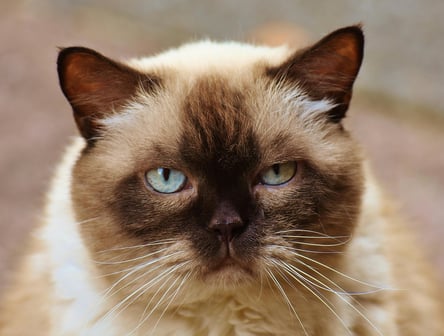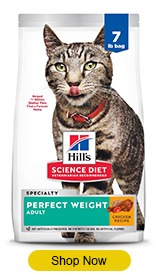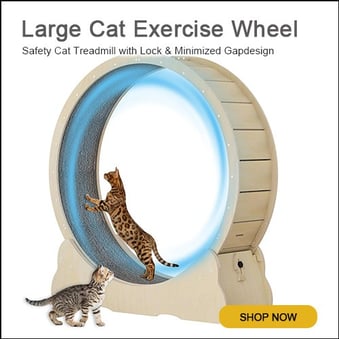Managing Your Cat's Weight
7/1/20243 min read


Maintaining a healthy weight is essential for your cat's overall well-being and longevity. Just like humans, cats can suffer from various health issues due to obesity, such as diabetes, arthritis, and heart disease. Here are some tips to help manage your cat's weight and ensure they lead a healthy, active lifestyle.
1. Balanced Diet
Feeding your cat a balanced diet is the cornerstone of weight management. Ensure that your cat's food is high in protein and low in carbohydrates. Look for high-quality commercial cat foods that list meat as the primary ingredient. Avoid foods with excessive fillers, artificial colors, and preservatives. Consulting your veterinarian for dietary recommendations tailored to your cat’s specific needs is always a good idea.
2. Portion Control
Overfeeding is a common issue that contributes to obesity in cats. It’s crucial to measure your cat’s food portions accurately. Follow the feeding guidelines provided on the cat food packaging, but remember that these are just general recommendations. Adjust the portions based on your cat's age, activity level, and overall health. Regularly monitor your cat's weight and adjust the portion sizes accordingly.
3. Scheduled Feeding
Free-feeding, or leaving food out all day, can lead to overeating. Instead, establish a feeding schedule. Providing meals at specific times helps regulate your cat’s metabolism and prevents them from eating out of boredom. Most cats do well with two meals a day, but you can adjust this based on your cat's individual needs and veterinary advice.
4. Interactive Playtime
Exercise is crucial for maintaining a healthy weight. Engage your cat in regular interactive play sessions to keep them active and burn calories. Toys that mimic prey, such as feather wands and laser pointers, can stimulate your cat's natural hunting instincts and encourage physical activity. Aim for at least 15-30 minutes of playtime each day.
5. Environmental Enrichment
Cats are natural hunters and explorers, and providing an enriched environment can help prevent weight gain. Offer climbing structures like cat trees, scratching posts, and interactive toys to keep your cat mentally and physically stimulated. Puzzle feeders and treat-dispensing toys can also encourage your cat to work for their food, promoting activity and reducing overeating.
This site contains product affiliate links. We may receive a commission if you make a purchase after clicking on one of these links at no cost to you.


6. Regular Veterinary Check-ups
Routine veterinary visits are essential for monitoring your cat's weight and overall health. Your vet can help you create a weight management plan and provide guidance on diet, portion sizes, and exercise. Regular check-ups also allow for early detection of any health issues that could be contributing to weight gain.
7. Monitor Treats and Snacks
Treats should be given sparingly and should not exceed 10% of your cat’s daily caloric intake. Opt for healthy, low-calorie treats or consider using a portion of your cat's regular food as treats during training or playtime. Be mindful of high-calorie human foods, which can contribute to weight gain and are often unsafe for cats.
By following these tips, you can help your cat maintain a healthy weight, leading to a happier and more active life. Managing your cat's weight requires a combination of a balanced diet, portion control, regular exercise, and routine veterinary care. With dedication and the right approach, you can ensure your feline friend stays healthy and fit.


Related Articles
Purrfect Meow
Join our Meow community
© 2024. All rights reserved.
PurrFectMeowSeven is a participant in the Amazon Services LLC Associates Program, an affiliate advertising program designed to provide a means for sites to earn advertising fees by advertising and linking to Amazon.com. As an Amazon Associate, we earn from qualifying purchases.














